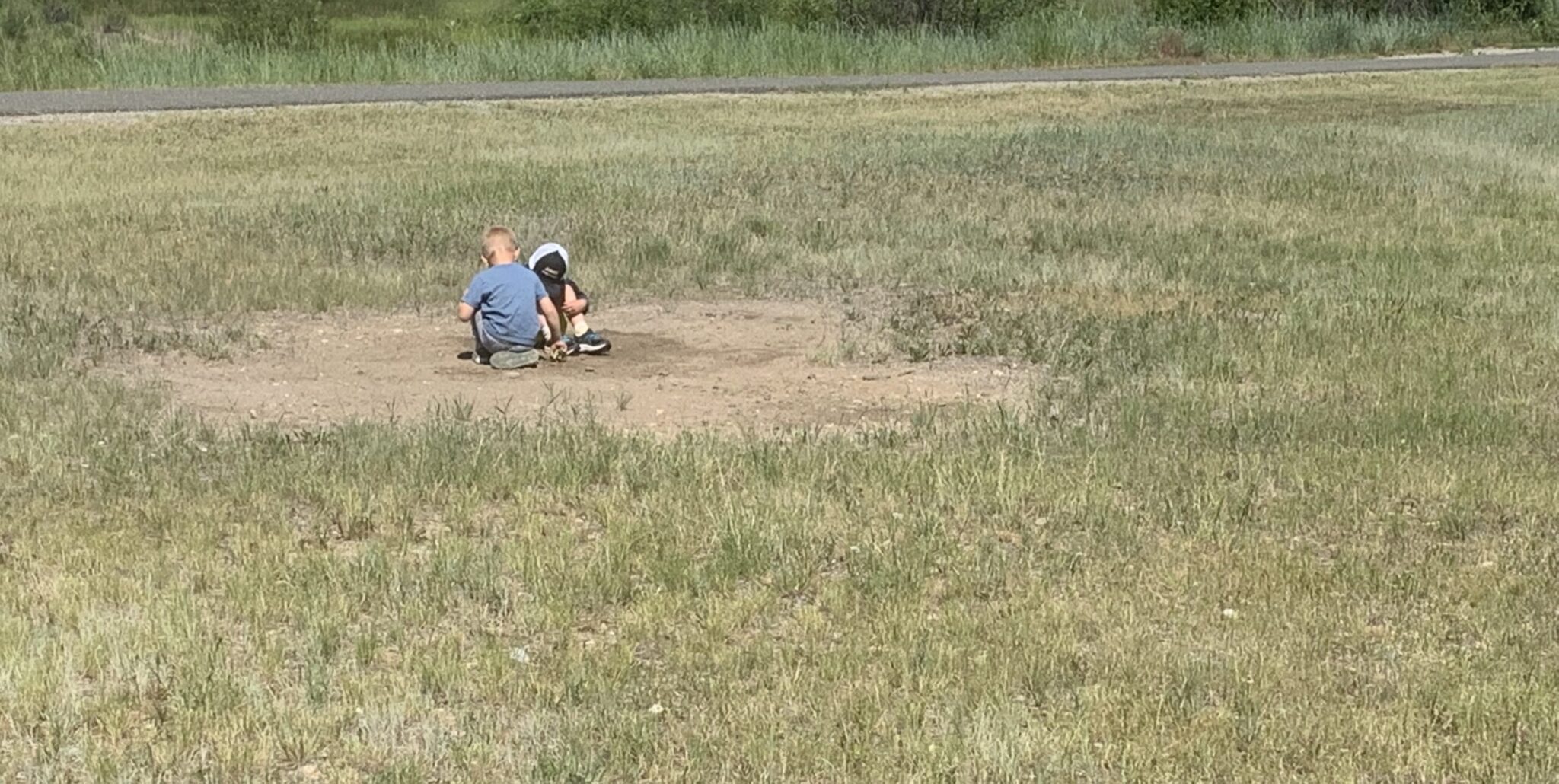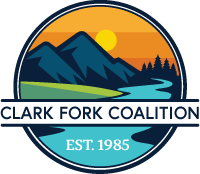Deer Lodge Community Deserves a Safe & Clean Arrowstone Park
November 20, 2023

As advocates for the Clark Fork River and the communities that it supports, we believe that the ongoing Superfund work in the headwaters represents a once-in-a-lifetime opportunity for cleanup and restoration. While we might occasionally disagree with decision makers about how cleanup should be accomplished, there are a few underlying principles that all interested parties can agree on. First, the cleanup must be protective of human health and the environment. Second, as the cleanup progresses, we must learn from our mistakes and, when feasible, act to correct them.
When it comes to the application of these principles, there is no clearer opportunity to “course correct” than Arrowstone Park in Deer Lodge. This public park is located on the idyllic banks of the Clark Fork, receives significant public use, and is part of the larger Upper Clark Fork Superfund Complex. Like much of the floodplain, the property at Arrowstone is heavily contaminated with toxic mine tailings – including arsenic, lead, copper, cadmium and other heavy metals. Before it was a park, the property underwent a waste-in-place “cleanup” in the late 1990s, paid for by the responsible party – Atlantic Richfield, now British Petroleum. This largely “hands-off” cleanup involved “capping” (i.e. burying) the toxic wastes under clean dirt, prohibiting the use of groundwater, and preventing any future development of the site.
When it was proposed, the waste-in-place plan was met with strong resistance from health experts, residents, and others who were concerned on a number of fronts – particularly the cleanup levels for arsenic that were not safe for park users, especially children. At a minimum, health experts recommended that park users be warned of the risks of potential exposure to dangerous contaminants. Environmental advocates were equally concerned that river migration would erode the soil caps along the banks of the river and re-expose buried contaminants to surface waters. In the end, BP-ARCO and EPA downplayed all of these concerns, and the proposed plan moved forward.
More than 20 years later, the community’s fears at Arrowstone have been realized. Sections of the riverbank have washed away to reveal toxic tailings. Soil caps throughout the park have eroded, leaving lifeless dirt patches, and metals have migrated to the surface, leaving vulnerable users unknowingly exposed to high levels of arsenic. The Clark Fork Coalition and others collected samples from this highly used park that tested alarmingly high for arsenic and heavy metals. We’ve also asked human health experts to look at the risk-based cleanup levels on which the cleanup was based. These experts have concluded that the cleanup standards for arsenic, and current institutional controls in place, are not protective. In other words, the remedy has failed.
Montana DEQ officials recently announced that the agency will prioritize cleanup of Arrowstone Park in Deer Lodge, with design work to begin immediately, and construction to begin in late 2024. To their credit, DEQ also recently posted signs warning users of the risks associated with park. We applaud the agency for taking concrete and reasonable steps to address Arrowstone’s failed remedy, but the question remains: what kind of “cleanup” will the park and the Deer Lodge community receive this time around? Will decision-makers rely again on waste-in-place and soil capping to prevent dangerous exposures to arsenic and heavy metals? Will they remove a narrower buffer along the riverbanks and hope that the river doesn’t go outside of its 100-year migration zone? Will decision-makers let costs (not protectiveness) drive the cleanup, or will they heed the mistakes of the past and take every reasonable measure to ensure that all park users – especially children – are protected?
Arrowstone Park represents a clear opportunity to correct the mistakes of the past, and we expect that officials will dedicate the resources needed to implement a remedy that is protective and that will stand the test of time. Will we be here again in 20 years asking these same questions? Let’s hope not.
Andrew Gorder, Policy & Advocacy Director, Clark Fork Coalition
Alex Leone, Restoration Policy Manager, Clark Fork Coalition
